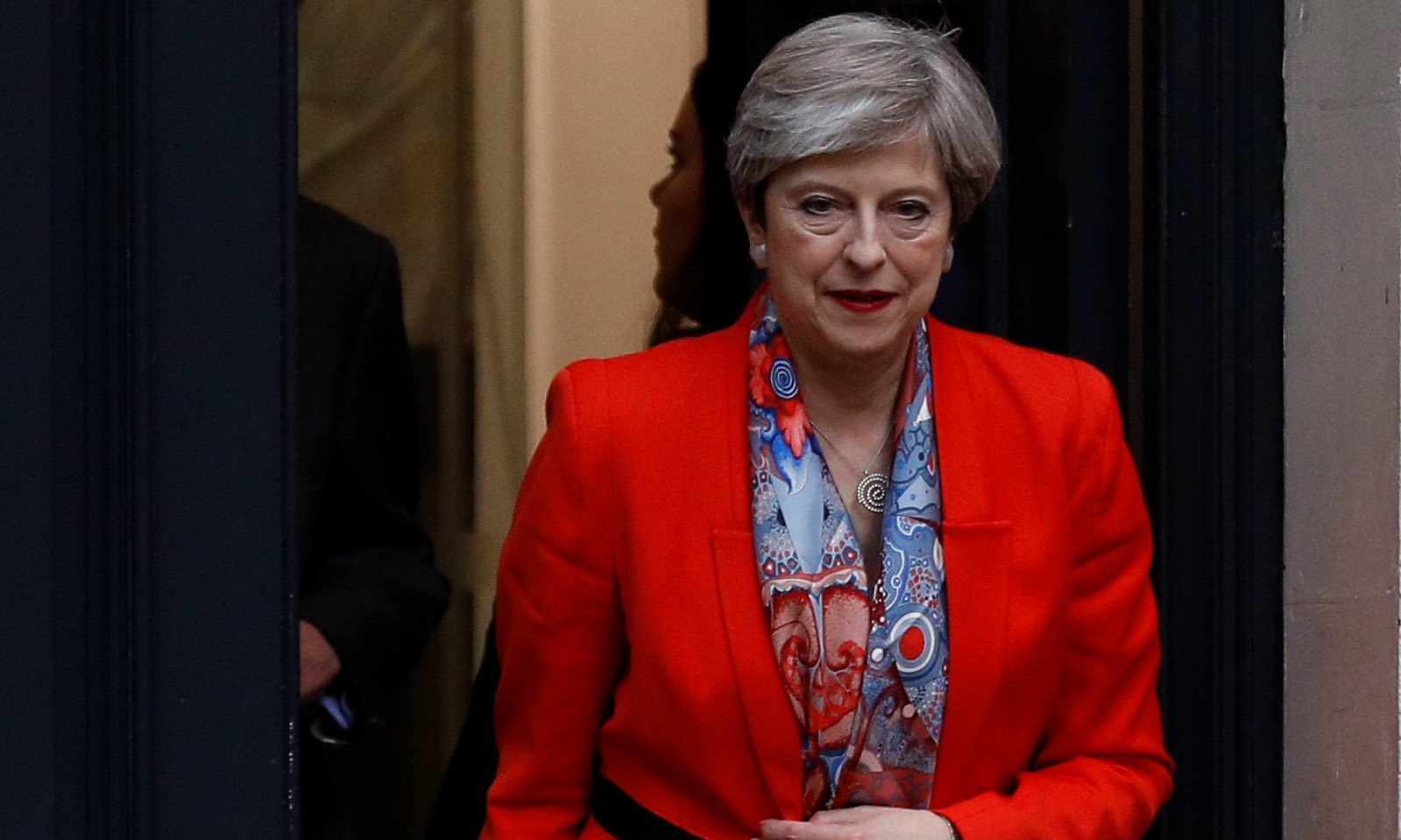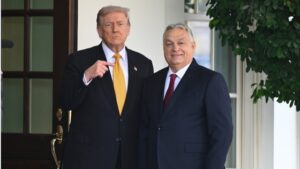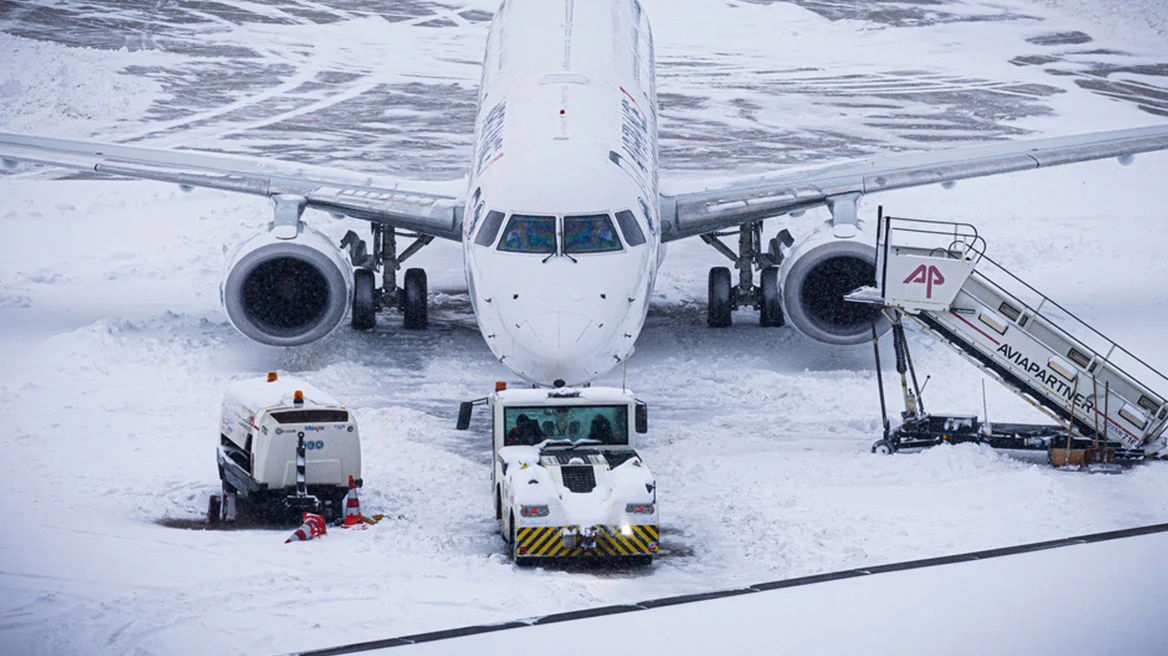Theresa May has struck a deal with the Democratic Unionists that will allow her to form a government, sources have confirmed.
The prime minister with the Queen to confirm that a deal is in place.
It follows extensive talks with the DUP late into the night. Party figures say they have been driven on by their dismay at the possibility of Jeremy Corbyn becoming prime minister.
DUP figures insist their relationship with May’s team has been close since she became Prime Minister 11 months ago.
A DUP source said: “We want there to be a government. We have worked well with May. The alternative is intolerable. For as long as Corbyn leads Labour, we will ensure there’s a Tory PM.”
There has been no decision as yet on whether there will be a formal coalition between the Conservatives and the DUP or if they will operate on a “confidence and supply” arrangement – whereby the unionists would support a minority government on vital matters in return for some of their policies being enacted.
It has been reported that the two parties do not believe it necessary to enter a formal coalition to govern.
Senior DUP figures claim they moved quickly to form an agreement to stop any chance of Corbyn entering No 10 because of his and John McDonnell’s past support for Sinn Féin and the IRA.
“The two parties [Labour and DUP] have worked well together for two years. There’s no reason to suppose they won’t continue to do so in future. But the point made time after time to Labour MPs remains: for as long as you allow yourselves to be led by an IRA cheerleader, you exclude yourselves from entering No 10,” said a DUP source.
The DUP’s “price” for propping up a new Tory government will include a promise that there will be no post-Brexit special status for Northern Ireland, the party’s leader in Westminster has confirmed.
Nigel Dodds, re-elected as MP for Belfast North, said that among the DUP’s conditions would be an insistence that there be no separate deal that keeps the region with one foot still in the EU.
The DUP fears that special status after Brexit – a key demand of Sinn Féin – would de-couple Northern Ireland from the rest of the UK.
The party will return to the House of Commons with 10 seats and in all likelihood will only support a Tory administration, Dodds said.
With one eye on the Brexit negotiations that begin within the next 10 to 11 days, Dodds said: “There are special circumstances in Northern Ireland and we will try to make sure these are recognised. As regards demands for special status within the European Union, no. Because that would create tariffs and barriers between Northern Ireland and our single biggest market, which is the rest of the United Kingdom.
“While we will focus on the special circumstances, geography and certain industries of Northern Ireland we will be pressing that home very strongly. Special status, however, within the European Union is a nonsense. Dublin doesn’t support it. Brussels doesn’t support it. The member states of the EU would never dream of it because it would open the door to a Pandora’s box of independence movements of all sorts. The only people who mentioned this are Sinn Féin.”
The DUP backed Brexit in last year’s EU referendum campaign and regards as sacrosanct the overall UK decision to leave.
Sinn Féin has argued that because the Northern Ireland electorate voted by 56% to remain within Europe last year and the region will be the only one with a post-Brexit land border with the EU, the area should have special designated status.
When asked about what form of deal the DUP would consider, Dodds ruled out taking ministerial seats in a new Conservative-led cabinet. Rather, the DUP is likely to back the Tories in confidence motions and support Conservative budgets.
“No, I am not thinking in those terms, I have to say,” Dodds said when asked about taking a cabinet seat before joking that he would like to be secretary of state for Northern Ireland.
Sinn Féin was the other major winner in the local general election battle, winning seven seats and wiping out its nationalist rival the SDLP, which lost all three of its Westminster seats.
However, Corbyn would not be able to rely on the support of the seven Sinn Féin MPs as the party will continue its historical policy of boycotting Westminster.
Late on Thursday night, Gerry Adams, the Sinn Féin president, said his MPs would not be going to the House of Commons.
A senior Sinn Féin spokesman later told the Guardian there “wasn’t a snowball’s chance in hell” of the party ditching its abstentionism regarding Westminster.
Ask me anything
Explore related questions





